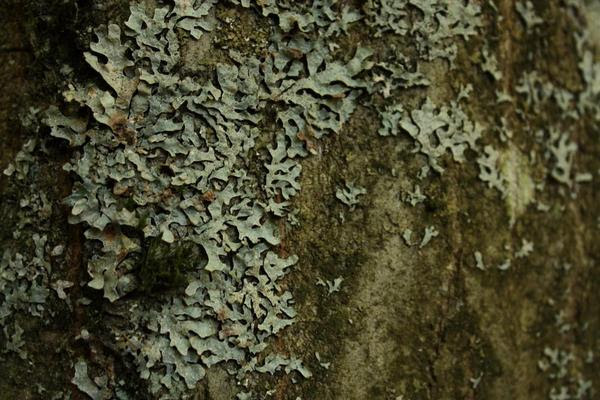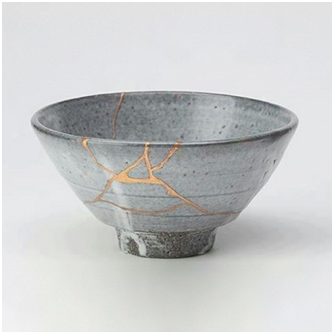This week, a P4C resource on beauty and imperfection, inspired by planning a session on Japan for a class at South Hampstead Junior School on Wednesday.
Wabi-Sabi (侘寂) and Finding Beauty in Imperfection
It’s said to be difficult to translate wabi-sabi into English, due to it’s deep meaning and rich history. Any website that claims to do it, without acknowledging the nuances, is probably not worth reading. We’ve turned to a Japanese foresty organisation, who break it down in this piece “The Actual Meaning of Wabi-Sabi“. The author writes of the simple and calm beauty of objects with wholesome imperfections:
“Wabi is the beauty that can be felt from natural imperfections and shortages rather than something artificially crafted.”
“Sabi possesses a meaning of discovering the beauty in an appearance that has deteriorated or gotten old over time”
It also gives advice on how to use the term. This podcast is also a great introduction.
Stimulus
One option is to find some images or videos that could represent the concept of Wabi-Sabi. We’ve added a few below, but lots more can be found through a search. Ask students what the pictures have in common, before introducing the concept of Wabi-Sabi.



Alternatively, ask half the class to draw something complete, and the other half to draw something unfinished or incomplete. Examples from Jason’s Mum below!

Questions
- Why do people often want things to be new or perfect?
- Is there something you have that is old, simple, rough, incomplete or worn out that you still think is beautiful – maybe because it’s that way?
- Can something broken or old be more beautiful than something new? (You might want to use some examples here – perhaps modern shiny things and their older, decayed equivalents).
- If older, decayed things are beautiful, why is this? Where do they get their beauty from? Are the objects beautiful, or the decay/damage?
- What things are better imperfect?
- How does knowing something won’t last change how we value it?
What’s on in the Philosoverse?
Jason’s has been kicking off a conference on philosophy for children at Queen’s University Belfast. All the delegates left with goodie bags of books and links to further resources. Then on to Caterham School to judge at the South England heat of The Ethics Cup, hosting the first p4he.org philosophy zooms of 2025 on the way!
Tom has been busy working two schools in North London this week. First, kicking off an oracy project for year 7s at Acland Burghley School and then at South Hampstead Junior School launching Sticky Questions through workshops and twilight INSET.
Best wishes,
Tom and Jason